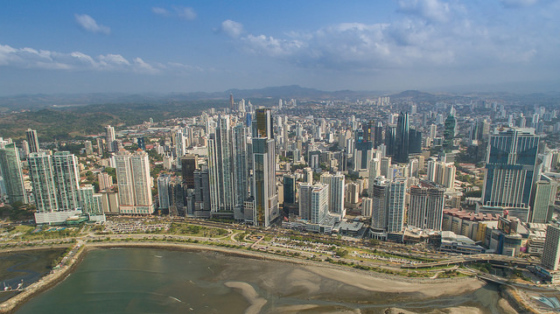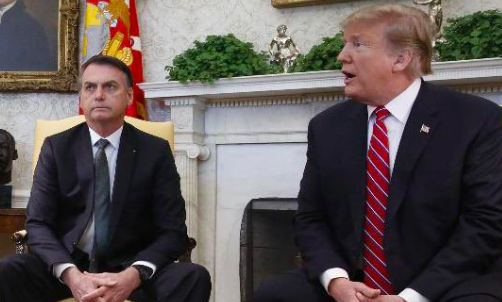
¿Qué tan exitosa fue la visita de Bolsonaro a Washington?
¿Cuál fue el resultado de la visita de Bolsonaro a Estados Unidos?
¿Cuál fue el resultado de la visita de Bolsonaro a Estados Unidos?
Peter Hakim, president emeritus of the Inter-American Dialogue, spoke to Brazilian newspaper O Estadão. In this interview he analyzes the idea of Brazil’s admission to the OECD and the relationship between Trump and Bolsonaro.
En este episodio de Club de Prensa, Michael Shifter analizó la actualidad del hemisferio. Entre los temas que analizo estaban la reunión entre Trump y Bolsonaro, la reunión de Trump con el Caricom, las relaciones de China con America Latina, los rumores sobre la relección de AMLO y la Justicia Especial para la Paz.
The Inter-American Dialogue mourns the loss of Dialogue member Ramón Espinasa.
What came of Bolsonaro’s trip to the United States, and how might it affect U.S.-Brazil relations going forward?
Ernesto Zedillo speaks with David Dollar on the importance of globalization for developing countries, the erosion of multilateralism, and NAFTA.
On March 7, 2019, the Inter American Dialogue hosted an event titled “Media and Democracy in the Americas II: #NoSoyTuEnemigo.”
Directora del Programa de Energía Lisa Viscidi habló con El Financiero TV sobre la grave condición de la industria energética en Venezuela, las medidas que serían necesarias para recuperarla y las barreras para lograrlo.
Michael Shifter, presidente del Diálogo Interamericano, participó en el programa Foro Interamericano de la Voz de América donde analizo con Gonzalo Abarca el estadio actual de la libertad de expresión y los avances y retrocesos de la región en materia de las relaciones entre la prensa y los gobiernos.
Dialogue member Susana Malcorra released an open letter for “the need to achieve full gender equality and empowerment of women across all ambits.”
How much are political variables and uncertainty under a new president affecting Mexico’s economy?
Argentina’s economic crisis and the fiscal belt-tightening it demands have led to gradual cuts to wholesale electricity and natural gas subsidies for consumers and a liberalization of energy prices over the course of Mauricio Macri’s administration. This has helped make Argentina more attractive as a destination for energy investment despite its economic tumult, said Argentine Secretary of Energy Gustavo Lopetegui at an event organized by the Inter-American Dialogue on March 14.
As a close observer of the region, I am deeply troubled by the humanitarian crisis and the dramatic unraveling of democracy under Nicolás Maduro, a brutal and corrupt dictator. A core question raised by this hearing is whether the United States should use military force to remove Maduro from power in Venezuela. My answer, which reflects the position of many other U.S. defense and foreign policy experts, is no. The negative consequences of military action to Venezuela, to the region, and to the interests of the United States are clear and foreseeable.
On March 5, 2019, the Inter American Dialogue hosted an event titled “Political Finance and State Capture in the Americas.”
Central American economies continue to struggle with achieving higher rates of economic growth, of above 4%. The sluggish growth continues to limit the ability of these countries to achieve economic development and prevent emigration in the long term. Of particular relevance is the fact that these economies are highly dependent on a small number of economic activities, and remittances are a central, if not the most important, source of income.
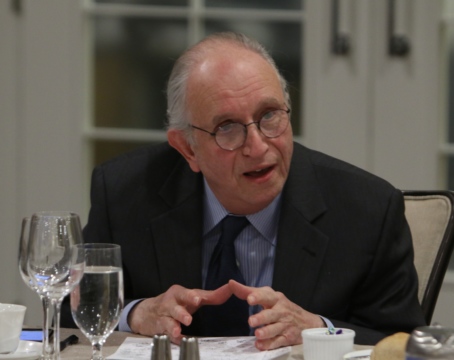
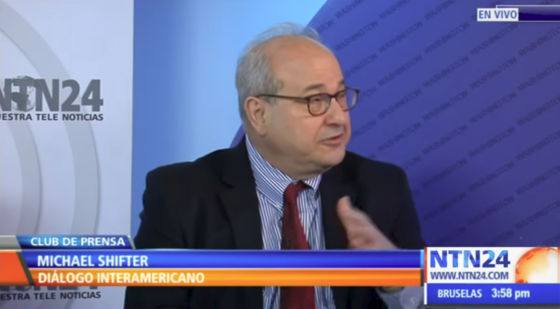 Video
Video

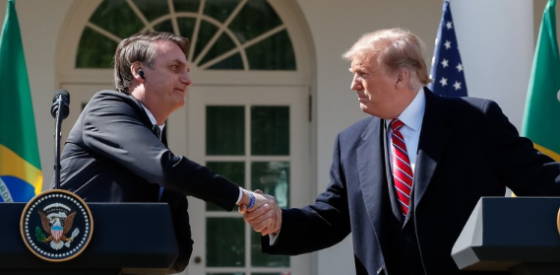
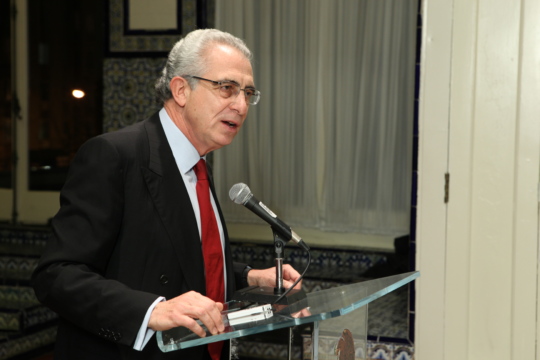
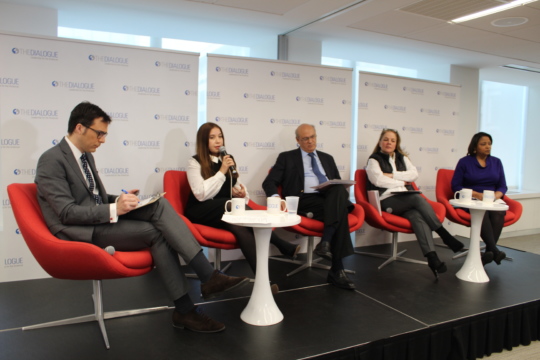 Video
Video
 Video
Video
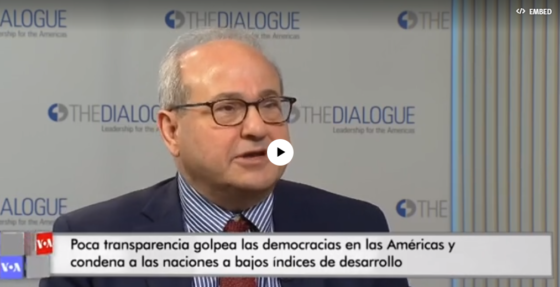 Video
Video
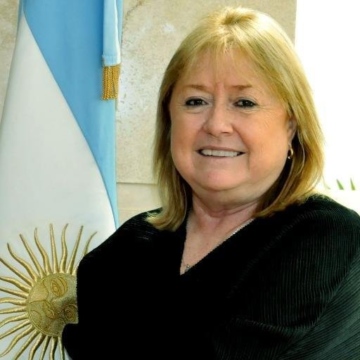
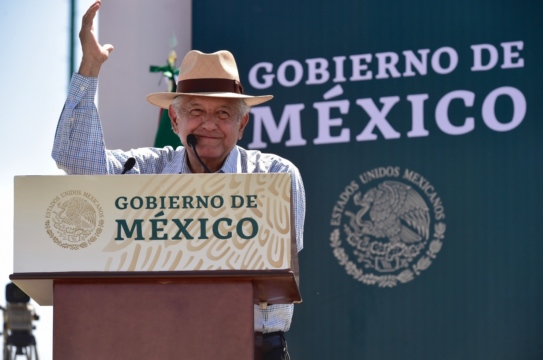
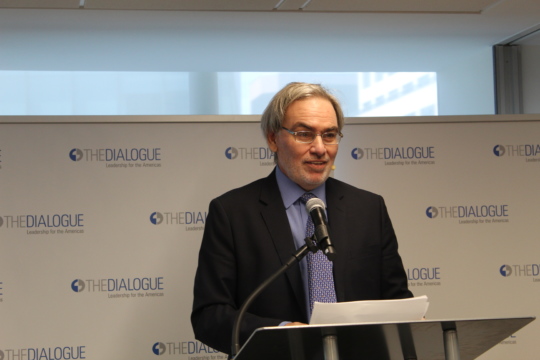
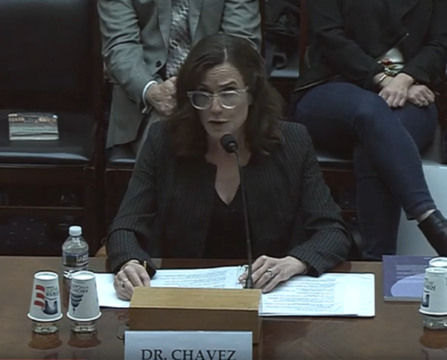 Video
Video
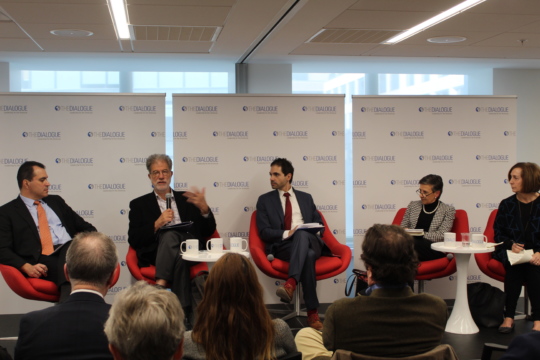 Video
Video
